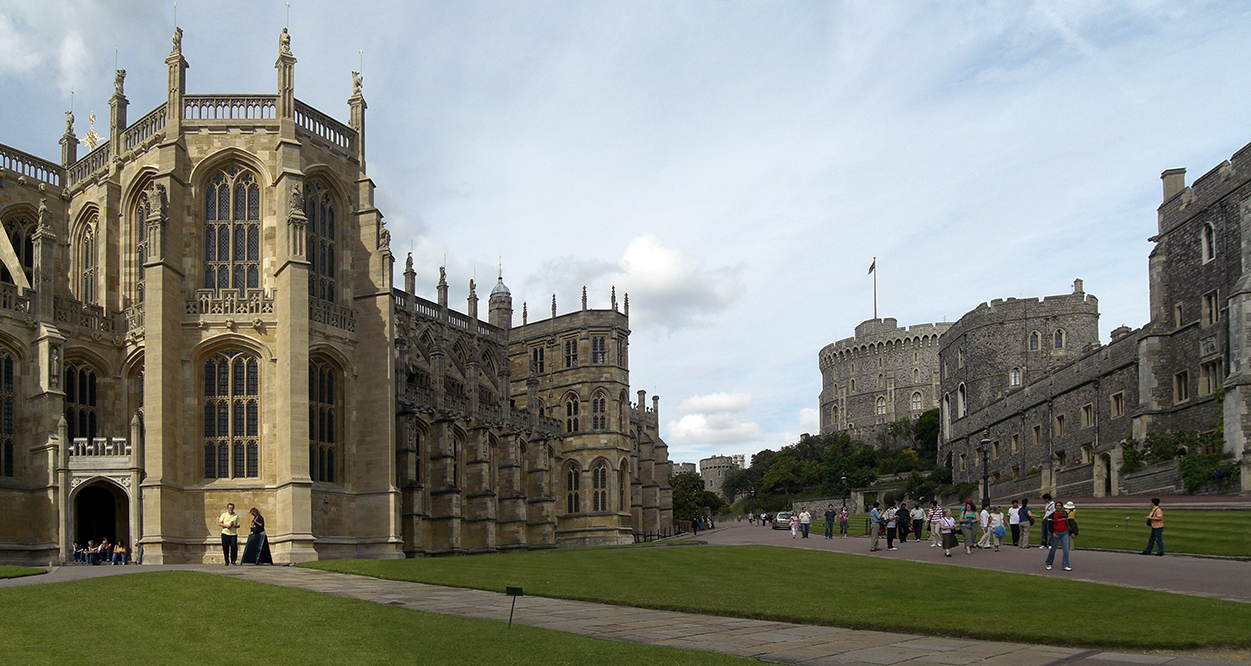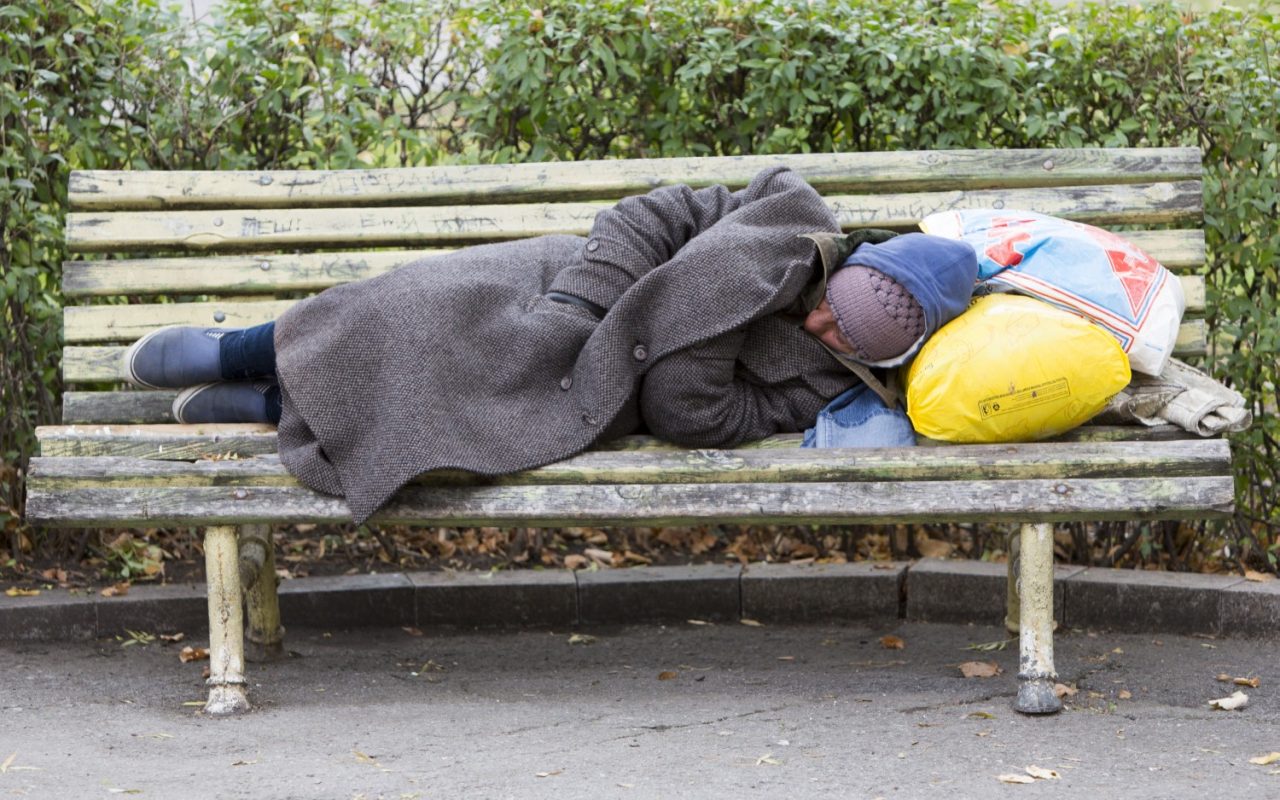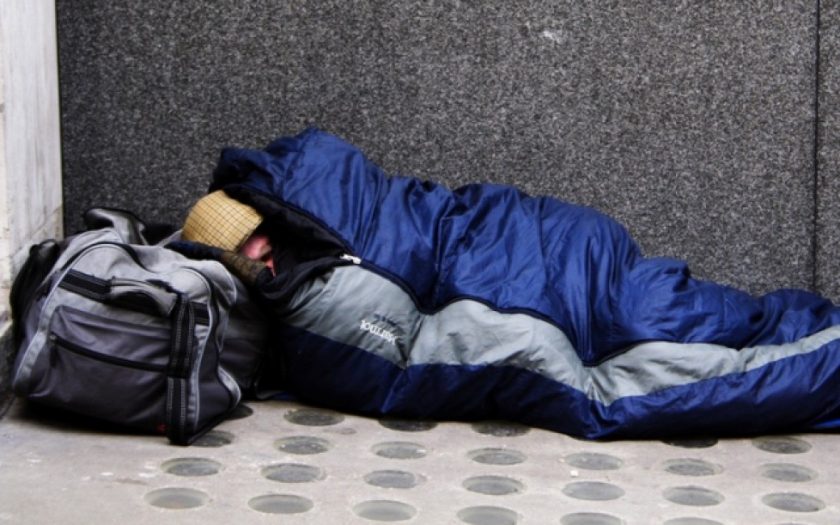Official figures just issued show, that on a typical night in England, people sleeping rough have increased 15% in a year. The Government has stated that it aims to halve rough sleeping by 2022 and end it completely by 2027.
These astonishing figures comes amidst a growing debate on homeliness. Recently two Conservative councillors (Windsor and Maidenhead) quit the party after the leader of the council, Simon Dudley, survived a vote of no confidence.

He had written to the Thames Valley police and crime commissioner calling on his force to deal with “an epidemic of rough sleeping and vagrancy” in Windsor before the wedding of Prince Harry and Meghan Markle on May 19th.
Jon Sparkes, the Crisis chief executive , said; “It is truly catastrophic that in a country as prosperous as this, more and more people are finding themselves forced to sleep in dangerous and freezing conditions.”
Sadly, new research shows that four in 10 rough sleepers have a mental health problem. A figure which increases to more than half when you consider only those who are UK nationals.
Researchers found women sleeping rough are more likely to need support for mental health problems than men. Also the figures showed that the number of people sleeping rough after leaving psychiatric units was found to be increasing.
Amongst the most common mental health problems are depression, schizophrenia or personality orders. Howard Sinclair, St. Mungo’s chief executive, said; “For most people if they go through a crisis, their family will take up the slack – but for people with more complex needs, their illness can put pressure on families and eventually takes its toll so that families can’t cope.”

Last autumn 4,751 rough sleepers were counted, a figure that has more than doubled in eight years. Homelessness charities said that it represented a small proportion of the actual number. The data is an estimate based on accounts by support workers, police, charities and church groups who reported to local authorities.
The housing ministry has stated that it was providing over £1billion of funding, supporting rough sleepers with the most complex needs through a new housing-first approach and bringing in the most ambitious legislation in decades that will mean people get the support they need earlier.

